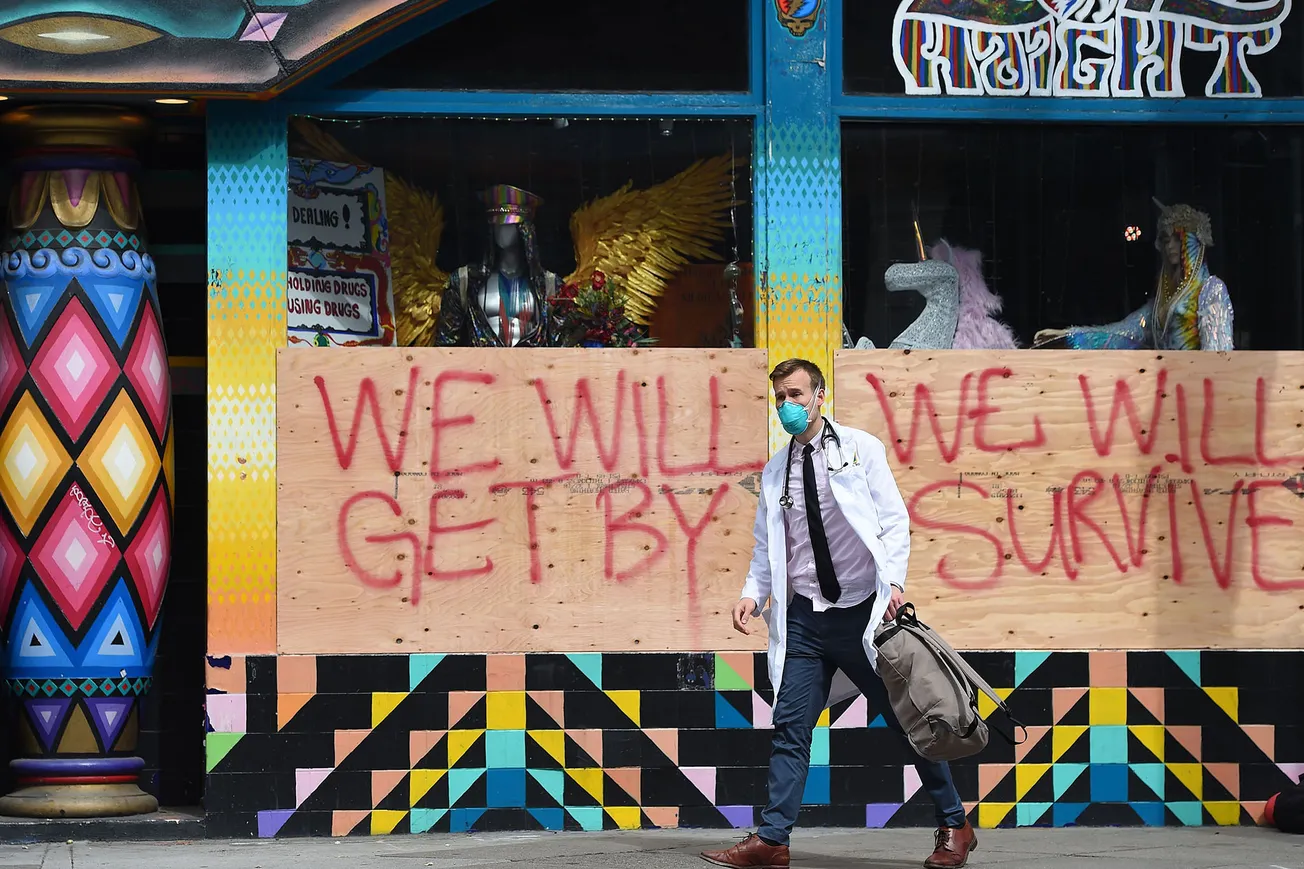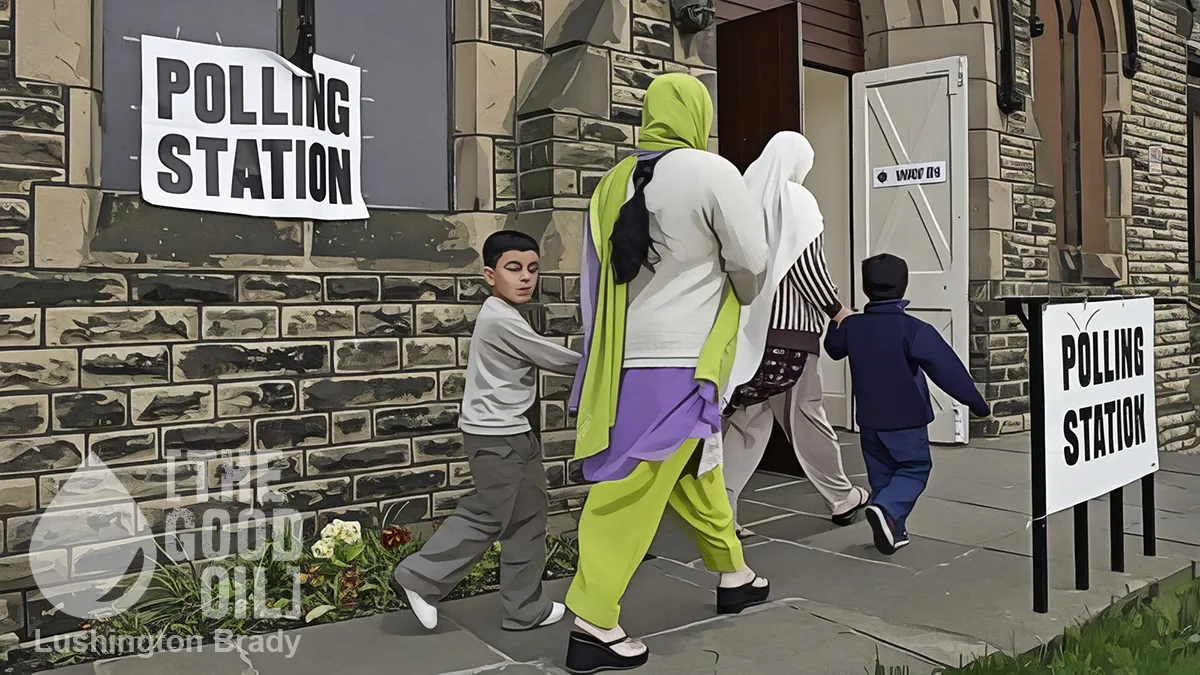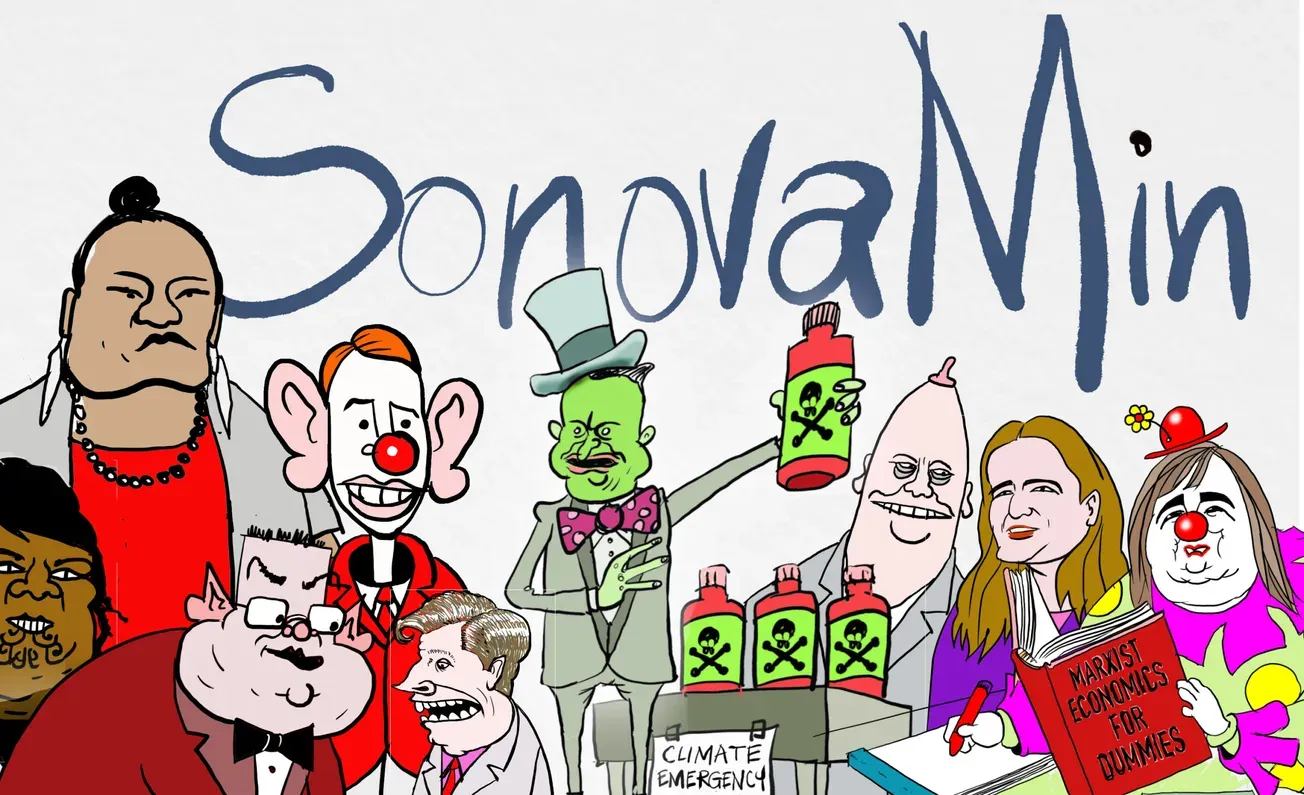Table of Contents
Hannah Cox
fee.org
Hannah Cox is a libertarian-conservative writer, commentator, and activist. She’s a Newsmax Insider and a Contributor to The Washington Examiner.
“Vaccine passports” are the latest in a long line of unusual terms we’ve all become familiar with over the past year.
The Washington Post reports the Biden Administration is working to coordinate a national program that would require citizens to show proof of their vaccine status in order to travel or enter public places, but the administration has declined to answer specific questions about it.
Officials have instead pointed to statements made by White House Coronavirus Response Coordinator, Jeff Zients. Zients is overseeing the effort among government agencies involved with the work, largely driven by the Department of Health and Human Services and an office within it devoted to health information technology.
“Our role is to help ensure that any solutions in this area should be simple, free, open source, accessible to people both digitally and on paper, and designed from the start to protect people’s privacy,” Zients said in March.
It is expected that the passports will come in the form of smartphone applications with paper downloads available for those without such technology.
The Biden administration’s efforts are being backed by a growing number of private businesses, including the Norweigan Cruise Line and sports teams like the Miami Heat, who have said they will require documentation for some or all services.
These developments have stirred vigorous debate among Americans. Celebrity doctor Drew Pinsky, for example, recently drew backlash on social media after saying vaccine passports would “segregate people and strip them of their freedom to travel internationally.”
A recent survey found that 64 percent of Americans support placing limits on travel based on a person’s health status. Others, like Florida Governor Ron DeSantis, have moved to quash the idea. DeSantis recently called on the state legislature to draft permanent measures prohibiting such requirements.
Old Solutions for New Problems
While the debate over coercing the public to take vaccines has been quiet for some time, it is not new. The US has a long history of requiring vaccinations for entry into public schools, and many employers, especially those in the medical field, have mandated employee vaccinations too. OSHA, the regulatory agency of the Department of Labor, stands by such demands.
Nor is this the first time the government has attempted to restrict travel and access to services based on vaccine status. Through the early 1900s, travelers were often asked to show proof of having obtained the smallpox vaccine at ports of entry into the country. And, during a series of outbreaks from 1898 to 1903, several states authorized compulsory vaccination while others leaned on public and private institutions to pressure Americans into the vaccine. One Kansas City newspaper wrote that “Show A Scar” (proof of the vaccine) was the official password for entry into lodges and other meetings.
As the country struggles to reopen, and studies show that many Americans believe the virus is far more deadly than it actually is, it is somewhat unsurprising to see this policy reemerge. But, as with so many of the government’s designs, such actions would have many unintended, negative consequences.
A Slippery Slope
A quarter of Americans have already said that they do not intend to take the vaccine. Far from incentivizing reluctant Americans to become vaccinated, vaccine passports actually play into conspiracy theories and could cause some people to become even more hesitant about the treatment.
The passports also raise significant privacy concerns and invoke past traumas of governmental abuse, specifically for people of color who were historically used for medical experimentation by the government. Finally, it almost goes without saying that a government requiring people to “show their papers” is a terrifying, slippery slope that has previously led to great human rights violations.
Americans have been conditioned to accept infringements on their free movement for well over a century as the government has steadily increased regulation on where we live, travel, and work. But keep in mind, it wasn’t until World War I that we began to see things like passports at all, much less the extensive immigration controls, state residency requirements, and occupational licenses that hinder the buying and selling options of all our residents. History shows these liberties, once surrendered, are hard to win back.
Free Movement Is a Natural Right
In his seminal work, The Wealth of Nations, economist Adam Smith said that there must be free movement for all in the system so that each man might seek the best opportunity for his labor or resources. This is a basic economic principle and human right. If you are not free to move and seek safety, resources, or the best opportunity for yourself you are not truly free.
The significance of this principle was put on display over the past year.
Many Americans fled states with stringent lockdown restrictions and overflowing hospital beds to seek a better life for themselves and their families. Others were locked in their homes and forbidden from going anywhere. This should have been a wake-up call that caused Americans to reignite their defense of the freedom of movement.
Americans do not need vaccine passports to return to normalcy. In fact, in states where restrictions have already been eased—including populous ones like Texas and Florida—economic and social activity has restarted while deaths have remained on par or lower than states locked down.
Freedom comes with responsibility, and large numbers of people are willingly choosing to get the vaccine. Those who do not are accepting the risks they may incur and should not pose a threat to those who have received the treatment. And for people unable to receive vaccines there is still the option to stay home, remain socially distanced, and take other precautions as they would for any other threat to their health.
Ultimately, private businesses have the right to determine whom they will allow on their property and do business with. Businesses maintain property rights and the freedom of association, they don’t need the government to strongarm their customers on their behalf. This is a debate the free market is more than equipped to settle. Let businesses determine what’s best for them and consumers decide which policies will earn their dollar. But do not allow the government to continue stripping us of our right to free movement.
This article was originally published on FEE.org. Read the original article.
Please share this article so that others can discover The BFD.









